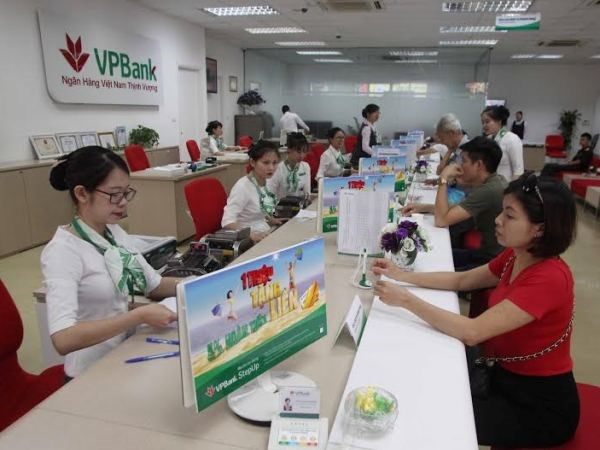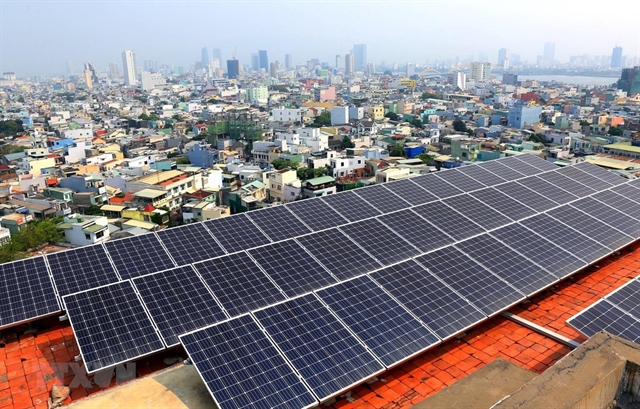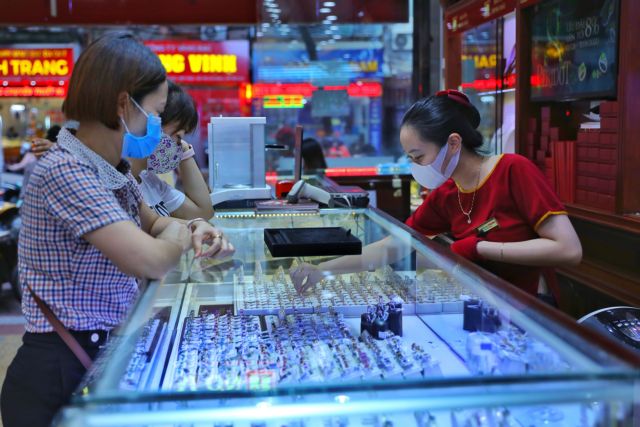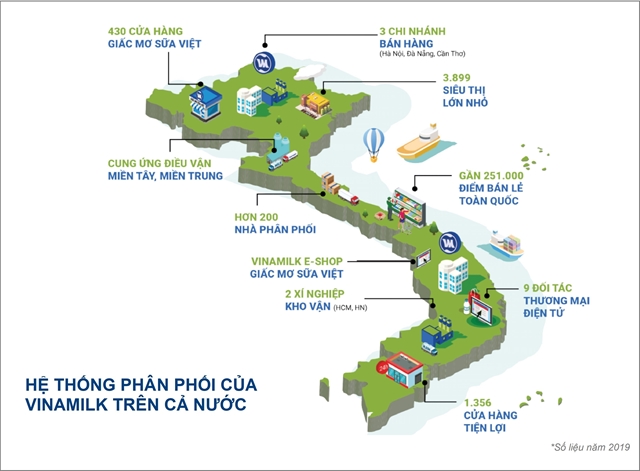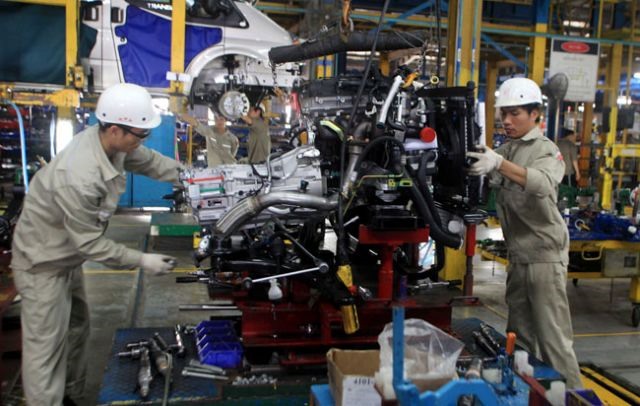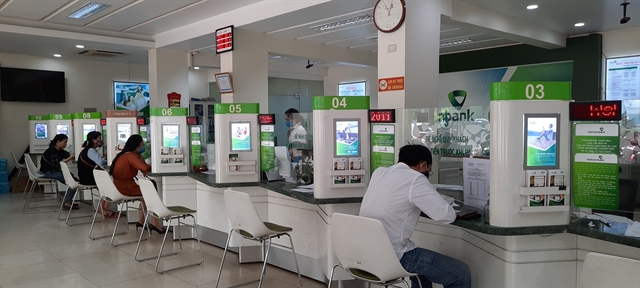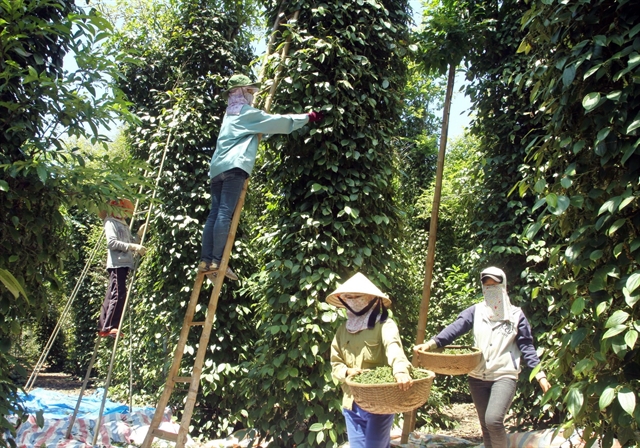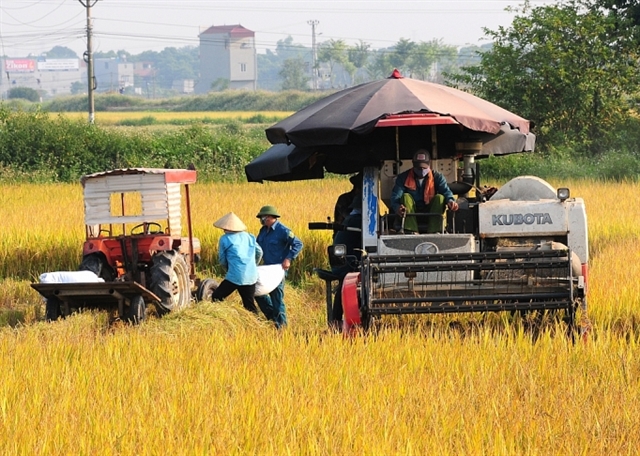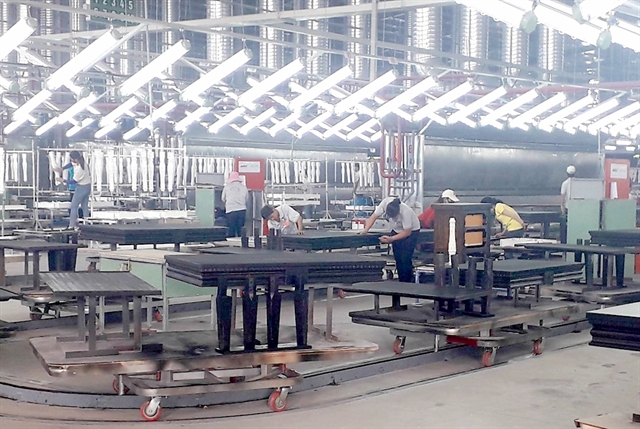
HÀ NỘI — Economists have predicted the resurgence of the COVID-19 pandemic could leave Việt Nam facing its lowest level of economic growth in 35 years.
After 99 days without any new cases of community transmission, a local infection was confirmed in Đà Nẵng on July 25 and the virus has since spread around the country and caused 14 fatalities, greatly impacting economic activities.
According to many experts, the return of the virus will immediately eclipse the glimmer of hope for an early recovery for the tourism industry.
Đinh Trọng Thịnh, a lecturer of the Academy of Finance, said: “If the pandemic is not well controlled this time, the economic impact will be very large due to the bigger scale.”
Thịnh added the local economy was under great pressure from weak demand for goods, products and services and it was facing the risk of interrupted production and service supply capacity.
“The cost of fighting against the new wave of the pandemic and overcoming its influence will be much more expensive than the previous one. The most negative impacts will be seen on employment, production and business growth," Thịnh told local media.
Nguyễn Đình Cung, former director of Central Institute for Economic Management (CIEM) said the economy was now defined by being unstable, uncertain and insecure, with many forecasting a deteriorating direction.
“All forecasts could be changed constantly in this situation so we must prepare for all scenarios. Local economic growth will definitely be low. It could be the lowest of 35 years," he said.
Cung said in the short term, people will limit travel and spending, causing a decrease in demand.
“At the same time, a lot of public investment is still stagnant because the implementers are afraid of risks and don’t decide to act or to strengthen them quickly as they should," he added.
To solve public investment issues, the CIEM’s former director said: “The capital allocation should be assigned more to the Government than the National Assembly. More decision-making power in public investment decisions should be given to leaders of provinces, cities and ministers.”
Stefanie Stallmeister, acting director of the World Bank (WB) in Việt Nam, also said the country was facing the biggest economic shock in the past 35 years.
She told local media though the country stood stable in the first half of the year, the economy only grew 1.8 per cent, equivalent to a decrease of approximately five percentage points compared to the previous growth trajectory of the country.
“Việt Nam must be active in a world full of uncertainty both domestically and internationally. Therefore, we believe that policymakers will have to find alternative directions for the country's traditional growth drivers, including overseas demand and weakening domestic consumption," she said.
Stallmeister suggested three measures for Việt Nam. They were considering carefully removing international travel restrictions gradually, speeding up the implementation of public investment projects to increase domestic demand and supporting the private sector, especially in the most severely affected industries such as tourism, processing and manufacturing for export, with financial support and smart incentive policies.
With the pandemic's impacts growing, many businesses have said they have not received help from Government support packages.
The local business community has also been calling on banks to relax loan policies to give firms more time to adjust and seek new markets, said Nguyễn Quang Vinh, CEO of a construction material company.
"We are doing our best to find new businesses and to make sure we don't have to lay off our workers," Vinh said.
Director of tour firm New World Travel Đặng Thành Trung said: "It will be very difficult for domestic travel to gain momentum, especially now everyone is anxiously watching how the second wave unfolds."
Most experts urged the Government to make it easier for businesses to access the support packages.
Cung said though the current support policies were basically sufficient, some policies such as policies to suspend, postpone, exempt taxes, should be extended to serve increasing difficulties from the new wave of the virus.
In late July, the World Bank forecast the country's GDP growth could reach 2.8 per cent in 2020 and will recover to 6.7 per cent in the next year. In the latest report, the bank forecast Viet Nam to rank fifth in the global growth this year. — VNS


